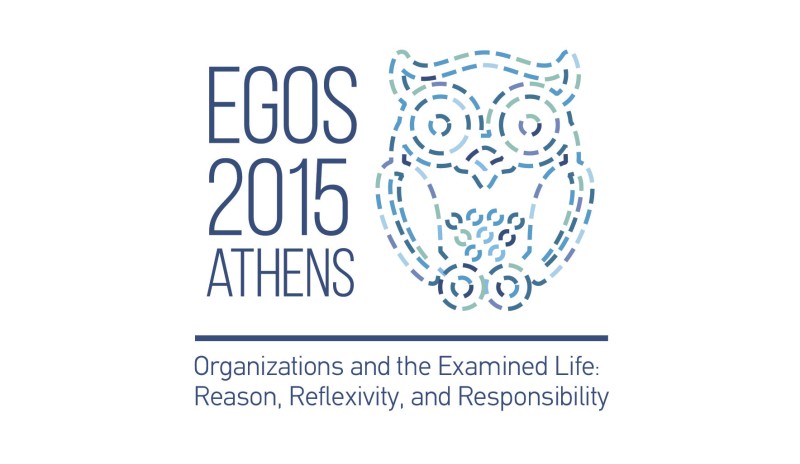Sub-theme 63: Antecedents and Consequences of Institutional Logics for Reasoning and Rationality
Call for Papers
We seek to explore new avenues of research on reasoning and rationality at the nexus of institutional logics, organizations,
and individuals. The spotlight has been on research showing how market capitalism as a form of reasoning and rationality has
permeated into many aspects of life, creating fundamental changes in what economies and societies value (Fourcade-Gourinchas
& Babb, 2002; Thornton, 2004; Lounsbury & Hirsch, 2010; Hall & Lamont, 2013). However, few studies examine how
alternative institutions to the market might, could, and should produce different forms of reasoning and rationality.
We are interested in research on the complementarities and contradictions between different forms of rationality as
defined by the market, state, corporate, professions, family, religions, and community institutional logics. How does reasoning
and rationality emerge, become institutionalized, and produce consequences for what individuals and organizations value? How
might a shift in the salience of institutional logics create opportunities to change what is valued? What causes value and
worth to collapse (or not) under market criteria?
How is the reasoning which underlies ethical decision making
altered by changes in institutional logics? Why have the professions, once the guardians of normative and ethical standards
of reasoning, themselves taken-up market-like principles? In light of the history of the professions as keepers of honest
markets and corporations, why have the boundaries between the professions and the market become blurred and permeable?
Research is emerging that suggests institutional logics are agentive and modular and their categorical elements
are decomposable (Thornton, 2004: 40; Thornton et al., 2012, chapter 5; McPherson & Sauder, 2013; Durand et al., 2013).
But, who are the institutional avatars of the 21st century that manipulate such logics and why (Mudge & Vauchez, 2012)?
If actors exercise choices in their reasoning, which orders and logics of the inter-institutional system do they draw on to
inform their perceptions and the principles influencing and organizing their thought processes, goals, motives, and strategies
of action? We need more evidence and a fuller understanding of the triggers of agency and the limits of decomposability of
institutional logics.
We are particularly interested in empirical papers that explore these questions and that
show changes in the antecedents and consequences of institutional logics that contradict and check the rising dominance of
the market logic as a form of reasoning and rationality.
References
- Durand, R., Szostak, B., Jourdan, J., & Thornton, P.H. (2013): "Institutional logics as strategic resources." In: M. Lounsbury & E. Boxenbaum (eds.): Institutional Logics in Action. Research in the Sociology of Organizations, Vol. 39, Part A, pp. 165–202.
- Fourcade-Gourinchas, M., & Babb, S. (2002): "The rebirth of the liberal creed: Paths to neoliberalism in four countries." American Journal of Sociology, 108 (3), 533–579.
- Hall, P., & Lamont, M. (2013): Social Resilience in the Neoliberal Era. Cambridge: Cambridge University Press.
- Mudge, S.L., & Vauchez, A. (2012): "Building Europe on a weak field: law, economics, and scholarly avatars in transnational politics." American Journal of Sociology, 118 (2), 449–492.
- Lounsbury, M., & Hirsch, P.M. (2010): Markets on Trial. Bingley, UK: Emerald Group Publishing.
- McPherson, C.M., & Sauder, M. (2013): "Logics in action: Managing institutional complexity in a drug court." Administrative Science Quarterly, 58 (2), 165–196.
- Thornton, P.H. (2004): Markets from Culture: Institutional Logics and Organizational Decisions in Higher Education Publishing. Stanford, CA: Stanford University Press.
- Thornton, P.H., Ocasio, W., & Lounsbury, M. (2012): The Institutional Logics Perspective: A New Approach to Culture, Structure, and Process. Oxford, UK: Oxford University Press.


